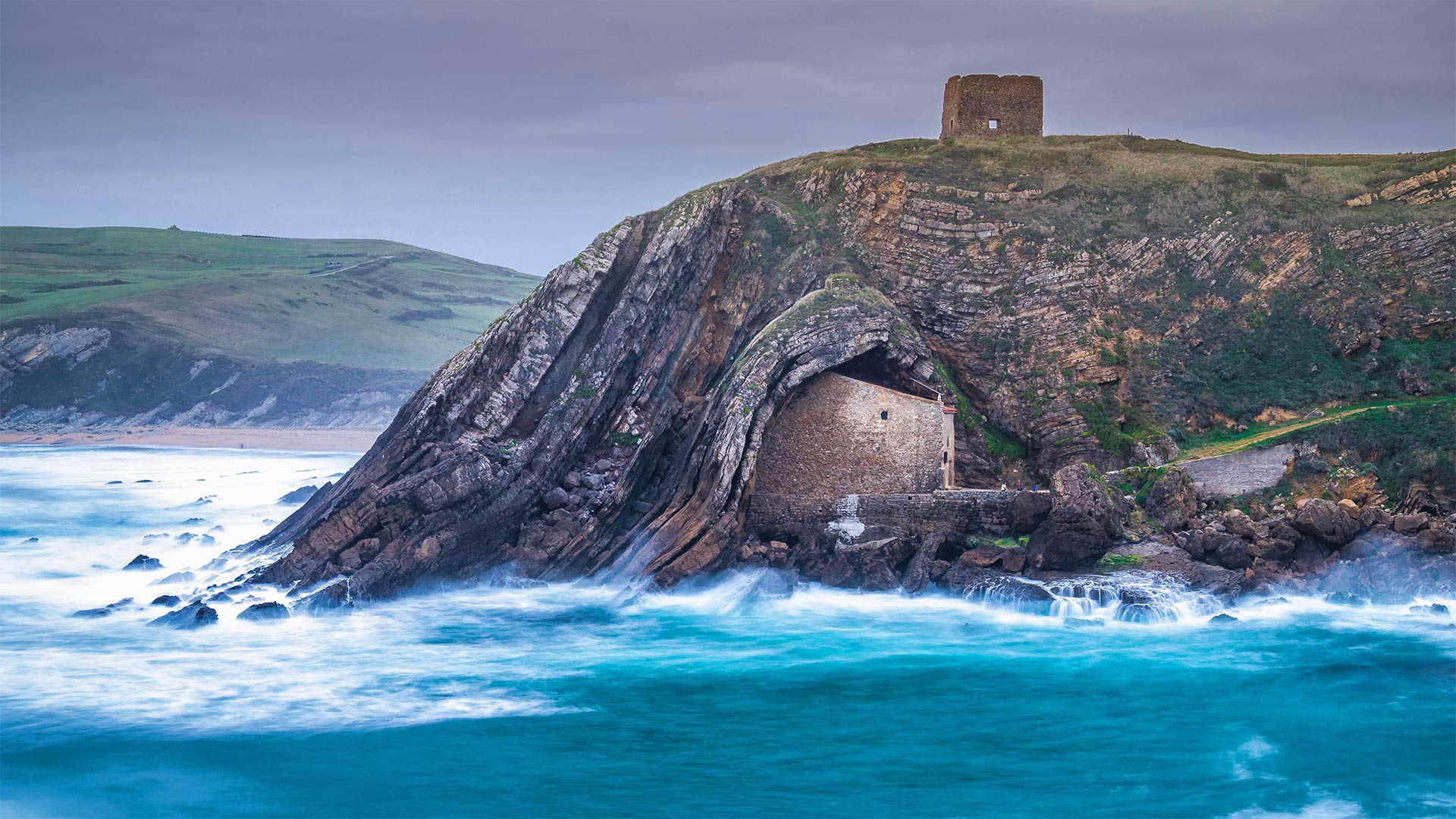Iceland, known for its stunning natural landscapes and commitment to environmental sustainability, has recently unveiled a new incinerator as a part of its waste management strategy. This incinerator represents a significant step forward in the island nation’s efforts to reduce its dependence on landfills and increase the use of renewable energy sources.
The new incinerator, located in Reykjavik, is designed to burn household waste at extremely high temperatures, turning it into energy that can be used to generate electricity and heating. This process, known as waste-to-energy, has been gaining traction as a sustainable solution for waste management in countries around the world.
Iceland’s incinerator is particularly noteworthy because it utilizes technology that not only reduces the amount of waste sent to landfills but also produces clean energy in the form of electricity and heat. This aligns with Iceland’s commitment to transitioning to a low-carbon economy and reducing its reliance on fossil fuels.
The incinerator is a key part of Iceland’s broader waste management strategy, which includes initiatives to increase recycling and promote sustainable consumption. By implementing this new technology, Iceland aims to significantly reduce the environmental impact of its waste while also contributing to its renewable energy goals.
One of the main advantages of the incinerator is that it can handle a wide range of waste materials, including plastics, paper, and organic matter. This means that it can effectively process a large portion of the waste generated by households and businesses in Iceland, reducing the need for landfills and decreasing the overall environmental footprint of waste management.
Furthermore, the incinerator produces minimal emissions, thanks to advanced filtration systems that capture pollutants and ensure that the energy generated from the combustion process is clean and environmentally friendly. This is in stark contrast to traditional incinerators, which have raised concerns about air quality and pollution in the past.
The incinerator is also more cost-effective than other waste management methods, such as landfilling or exporting waste to other countries. By generating electricity and heat from the waste it processes, the incinerator provides a valuable resource that can be used to power homes and buildings, reducing the need for energy from non-renewable sources.
In addition to its environmental and economic benefits, the new incinerator is also a symbol of Iceland’s commitment to innovation and progress in the field of waste management. By investing in cutting-edge technology and embracing sustainable solutions, Iceland is setting an example for other countries to follow.
FAQs
Q: How does the incinerator work?
A: The incinerator burns household waste at high temperatures, which converts it into energy in the form of electricity and heat. This process, known as waste-to-energy, is a sustainable solution for waste management.
Q: What types of waste can the incinerator handle?
A: The incinerator can handle a wide range of waste materials, including plastics, paper, and organic matter. This allows it to effectively process a large portion of the waste generated in Iceland.
Q: What are the environmental benefits of the incinerator?
A: The incinerator reduces the amount of waste sent to landfills, produces clean energy in the form of electricity and heat, and minimizes emissions thanks to advanced filtration systems.
Q: Is the incinerator cost-effective?
A: Yes, the incinerator is more cost-effective than other waste management methods, such as landfilling or exporting waste to other countries. It generates electricity and heat from the waste it processes, providing a valuable resource that can be used to power homes and buildings.
Q: What does the incinerator mean for Iceland’s renewable energy goals?
A: The incinerator contributes to Iceland’s renewable energy goals by producing clean energy from household waste. This aligns with Iceland’s commitment to transitioning to a low-carbon economy and reducing its reliance on fossil fuels.
Iceland’s New Incinerator: A Sustainable Solution for Waste Management




